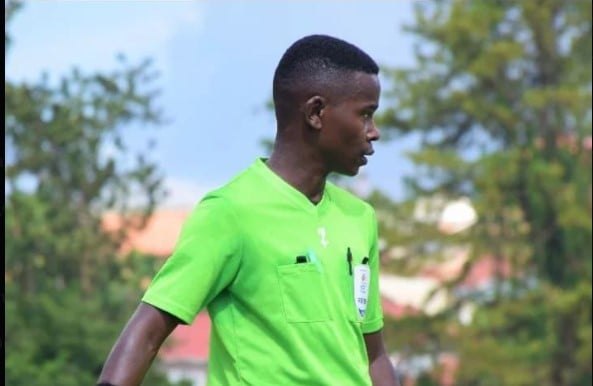Prime
Where are our leaders?

Author: Phillip Matogo. PHOTO/FILE
What you need to know:
- As leadership becomes a scarce commodity, dictatorship is commodified.
The other day, I was reading Michela Wrong’s book Do Not Disturb: The Story of Political Murder and an African Regime Gone Bad. It is a riveting read, provoking the neologism ‘Unputdownable’.
As I read her descriptions of some of the leaders in this region, I recalled my own boyhood.
In late September 1990, I got out of bed, dressed up without bathing and went downstairs at around 10am.
I had woken up late; it must have been a Saturday. The damp humidity of a Dar-es-Salaam morning made staying in bed late the best way to avoid walking around in my Adam Suit just to cool off.
As soon as I reached the sitting room, I found a youngish adult seated by the phone while expending kinetic energy that took his preoccupied mind across a thousand hills towards pitched battles.
He was lost in thought and anxiously waiting for the phone to ring.
So he was graveyard-silent, and thus more prepossessing physically than he was verbally.
His dark eyes combed the room like he was expecting a brush with trouble, while exuding a somewhat easy energy and exhibiting a broad intelligence on his wide brow.
This was Fred Gisa Rwigyema, a fighter.
Like other fighters, he would rather be caught dead than be caught weak. And so he constantly risked the former to avoid the latter in an action-packed life that would easily parallel a Hollywood movie.
Rwigyema was one of the 41 NRA soldiers who launched an audacious attack on Kabamba Military Barracks in 1981.
Tall and spare, without the gym-honed muscles and anti-tank grenade launcher that one found on Rambo posters, he seemed more like a sissy than a soldier.
However, “Nobody looks like what they really are on the inside”.
So Rwigyema was such a fierce soldier that bullets fired in his direction would seemingly pause in mid-air and fearfully retreat back into the muzzle that fired them!
That September morning, in 1990, Rwigyema was plotting an invasion of Rwanda which, three weeks later, was derailed by a quarrel between him and three other comrades over strategy.
Rwigyema wanted to advance slowly in order to politicise the Hutu peasantry and get them to join the Rwandan Patriotic Front, while his comrades simply sought to seize power with the blitzkrieg of the Taliban.
In the middle of the said quarrel, one of the sub-commanders reportedly drew his pistol and fatally shot Rwigyema in the head.
The bullet’s trajectory was reminiscent of the gunshot from the book depository by Lee Harvey Oswald which mortally struck US president John F. Kennedy on November 22, 1963, thereby ensuring that Rwigyema’s death would be shrouded in mystery as Kennedy’s turned out to be.
After Rwigyema’s death, Rwanda seemed doomed to a cycle of violence. And so a statement, made after Kennedy’s murder, also applies to Rwanda: “I’m afraid, based on my own experience, that fascism will come to America in the name of national security.”
However this statement applies to Uganda, too.
As many of our great leaders from Ahmed Seguya, Sam Magara, Serwanga Lwanga and others pass on into the ages, we are left today with people at the helm of our affairs who pale in comparison to these argus-eyed warriors.
And so, as leadership becomes a scarce commodity, dictatorship is commodified into a going concern; ‘concern’ being the operative word.
Hence, instead of getting solutions to our problems, we must suffer with problems to our problems.
In this context, hoping that our current leaders ‘save’ us is like putting a virgin in the maternity ward to ensure she immaculately conceives.
Mr Matogo is a professional copywriter
[email protected]




